
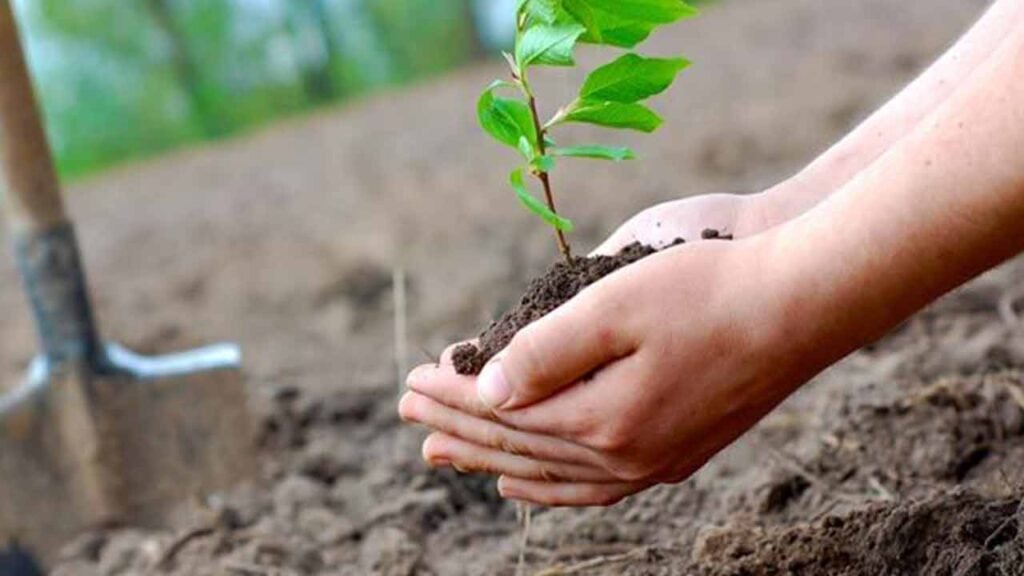
Garden maintenance: In today’s situation of garden maintenance, people think we were not born with a green thumb, but once you start sowing, planting, watering, and applying nutrition, you might see a different person in your mirror. Garden maintenance helps to relieve your stress, acts as an anti-depressant and makes you stronger with a good addition of vitamin D & you can easily get your fruits & herbs.
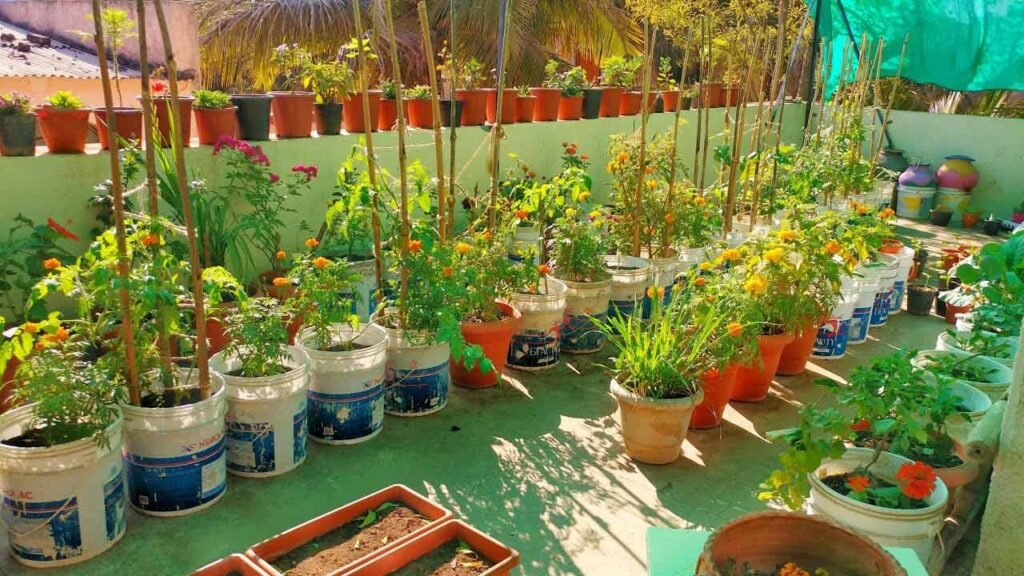
Home gardening should be done with important garden maintenance tips as the plants require care.
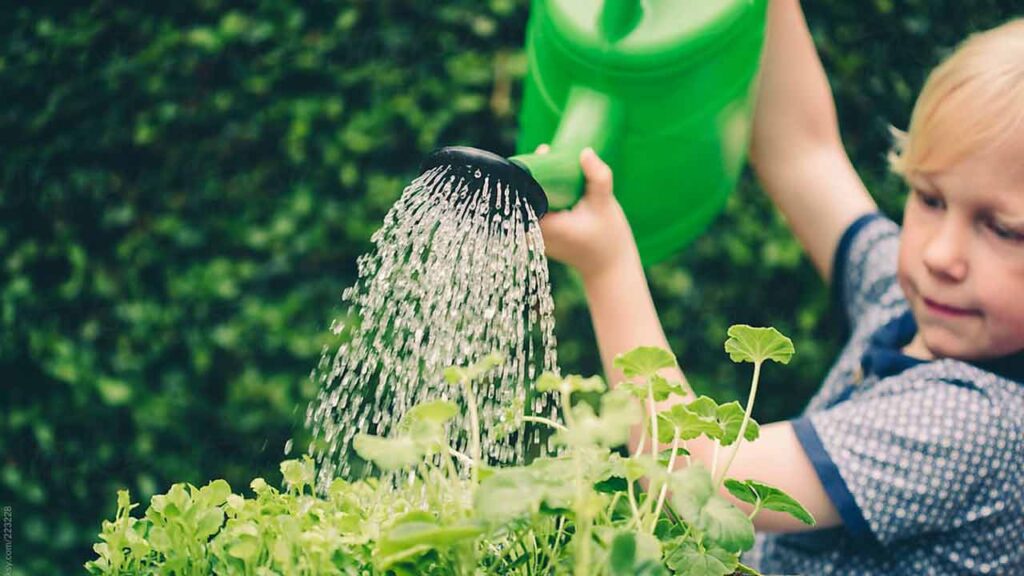
Watering is the most important thing in your garden. Water your plants properly because most plants survived by controlled using water. Simply use the “FINGER DIP CHECK” method for checking soil moisture content. And also make a schedule for watering each category of plants & apply only the required water. Water the plants before sunrise or after sunset. Do not water the plants in the daytime.
The most important thing to remember while watering the plants is not to overwater or underwater because it leads to deficiencies.
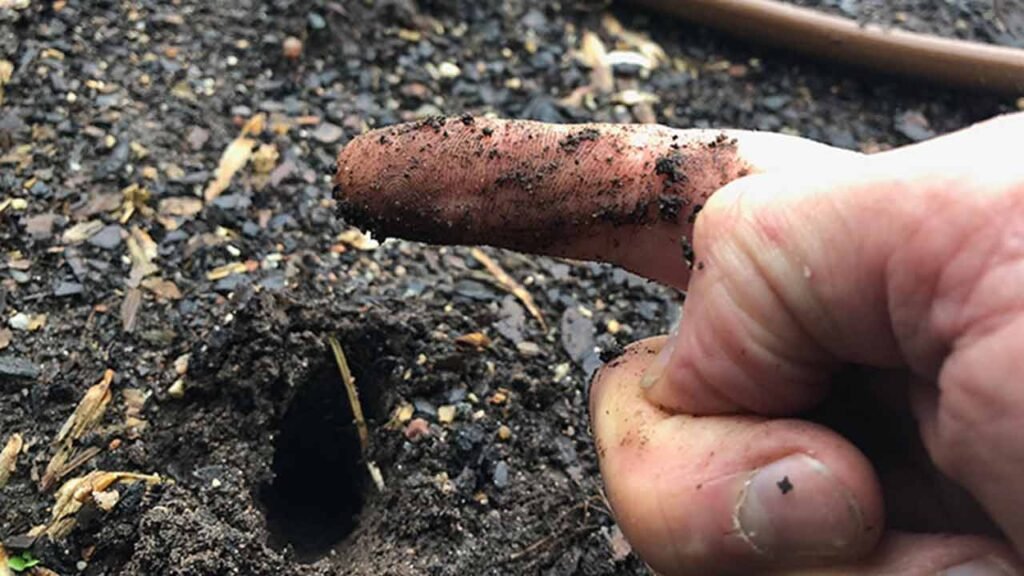
For successful gardening firstly, select good fertile soil. You can also add a potting mix made of nutritious organic matter in a ratio of 20:80.
Don’t make the soil soggy because it may invade fungally, and bacterial diseases like root rot, wilt, die back & others.
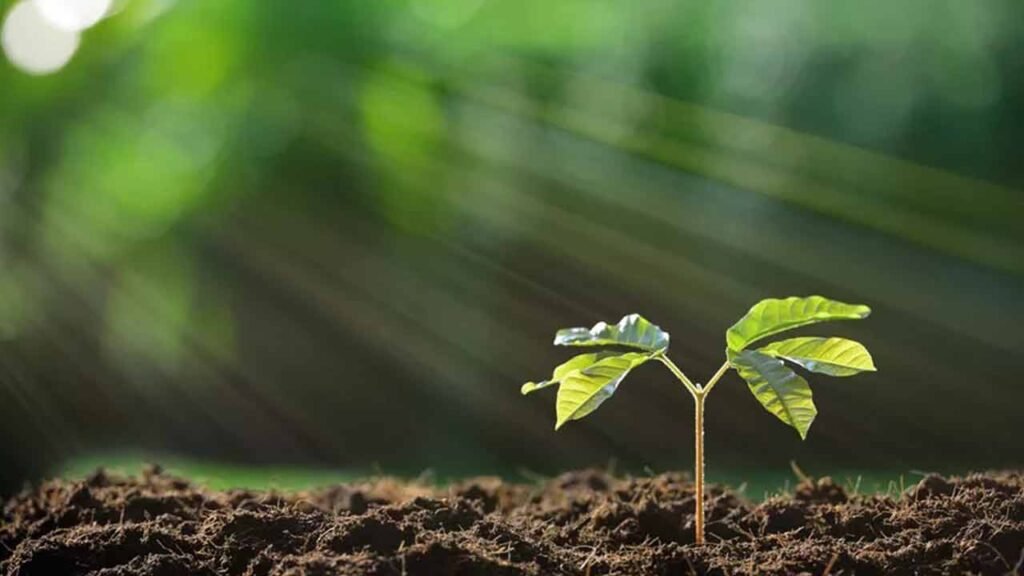
Place & arrange your plants according to daylight requirements for every plant. Plants like succulents, cacti, crotons, drought-tolerant fruit plants, flowering plants, and vegetable plants require at least 6-8 hours of direct sunlight.
Indoors & air purifier plants require only partial or partial sunlight of about 2-4 hours.
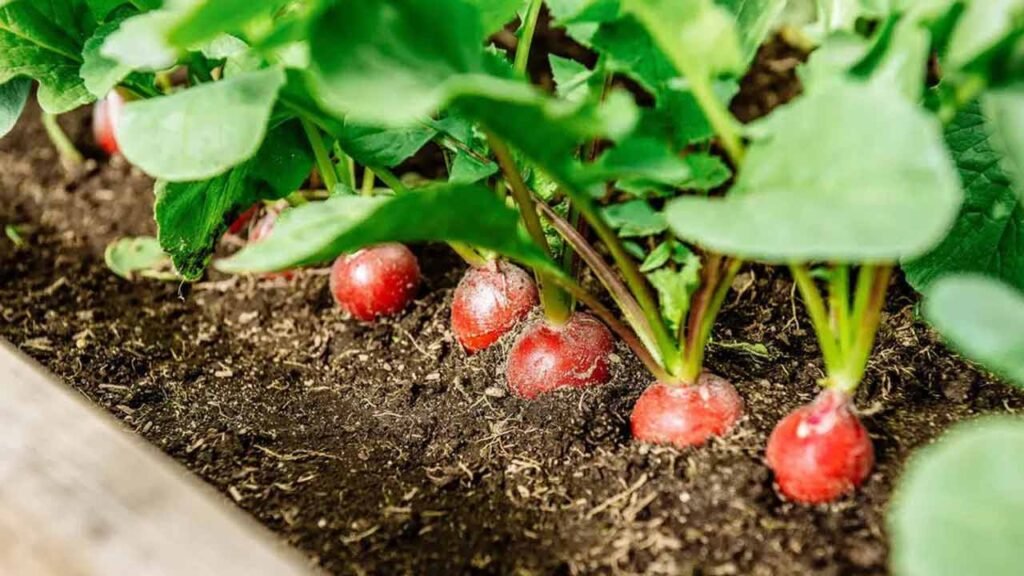
Grow the plant in the soil with proper spacing, to avoid overcrowding plants. Fast-growing plants like climbers, creepers, and vegetable plants should not be planted close to each other.
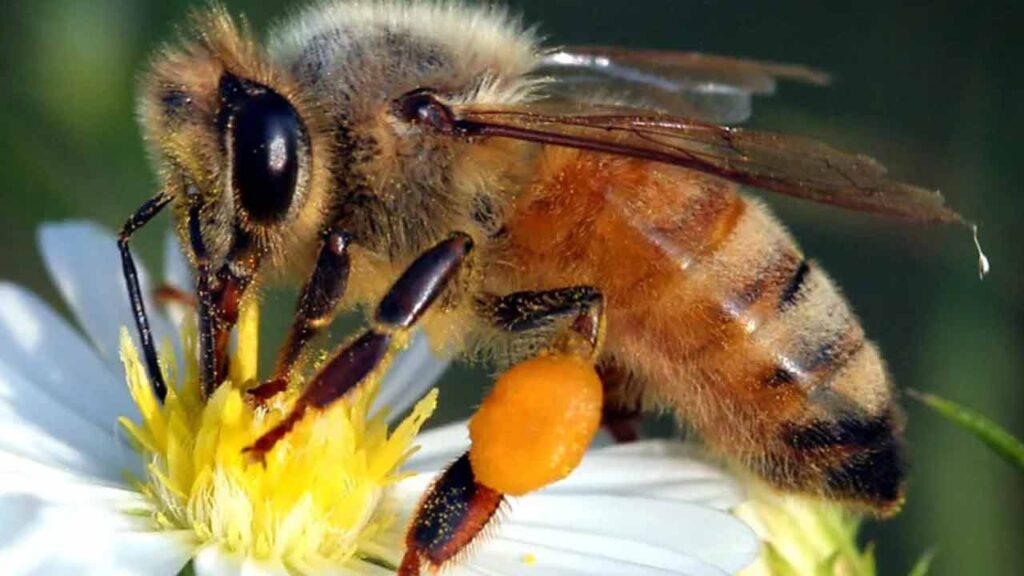
As a gardener avoid killing beneficial insects like honey bees, butterflies, ladybird beetles, praying mantis, and lacewing bugs. Those are pollinators that are essential for the pollination process in all plants, act as biological controllers & maintain ecological balance.
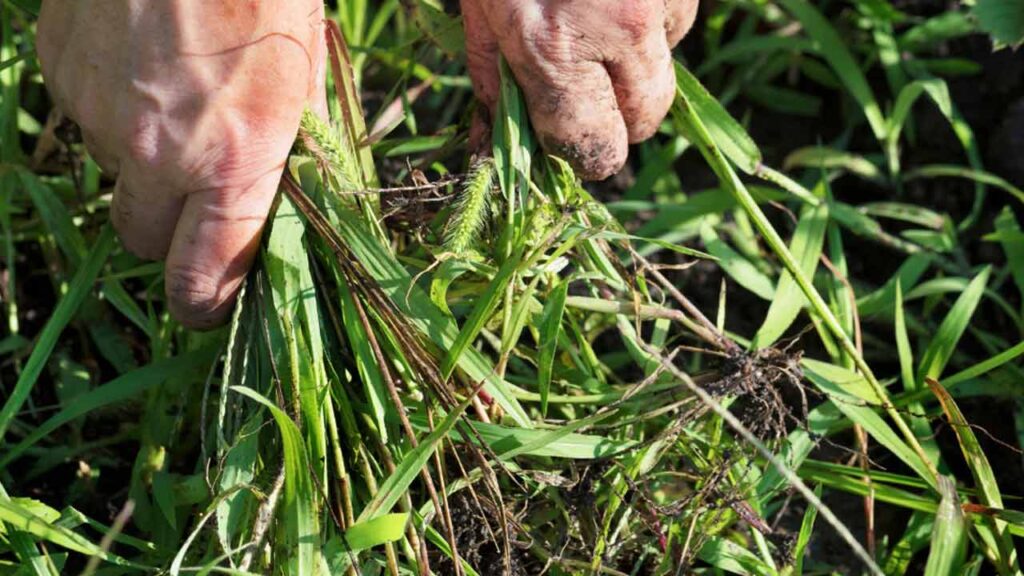
Weeds are the most serious problem in gardening, once it occupies the soil it grows fastly & uptakes all the plant minerals. To control weeds, manual hand weeding is necessary. Inspect your garden plants weekly once to remove dead plants.
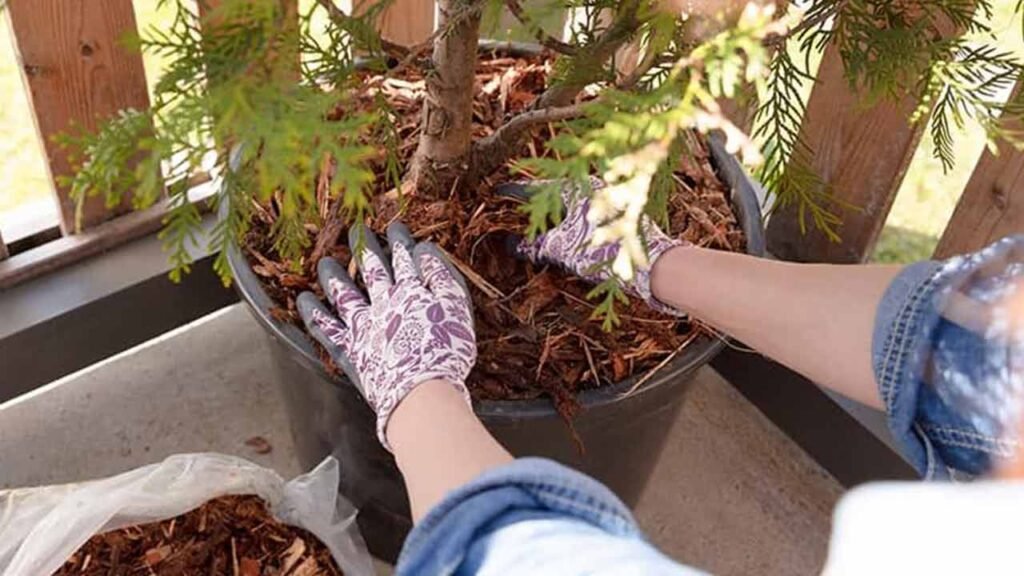
To control weeds “Mulching” practice can be done by covering the topsoil with fallen dried leaves, tree barks, grass clippings, wood chips, and paddy straws as ground cover to conserve moisture.
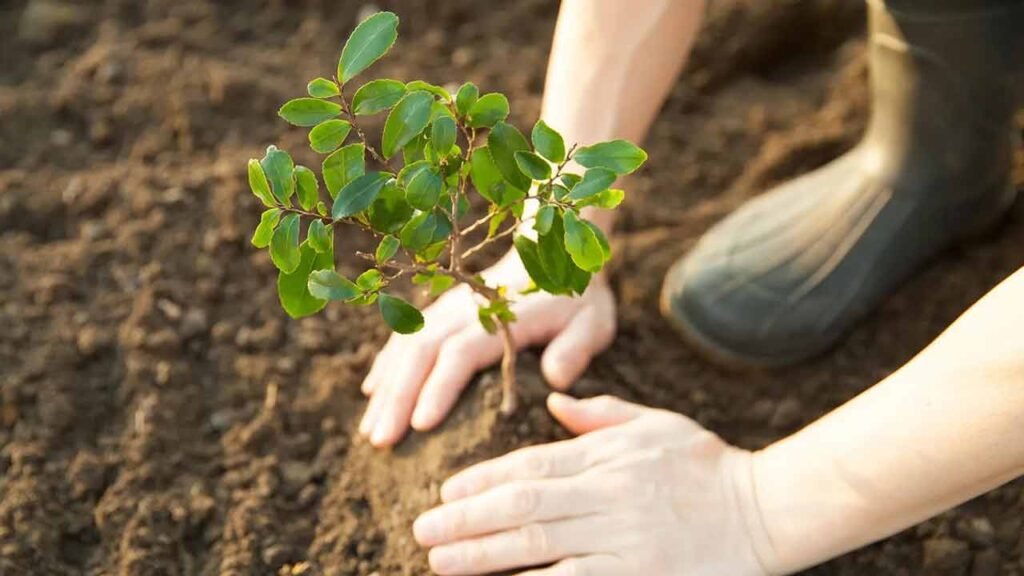
Some of the plants require a particular season to grow. Don’t grow plants that are not suitable for your season or if you grow, wait with patience till the season comes to bloom flowers, fruits, and vegetables. To overcome this, all-season plants can be grown which gives fruit and flowers year-round.
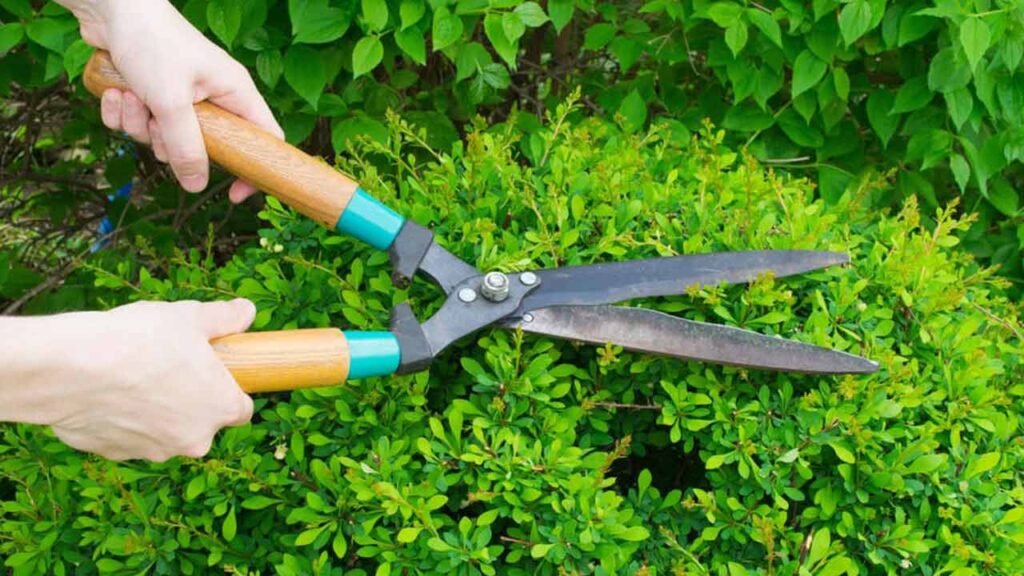
Pruning is necessary for growing new plants in the garden. Trim the old, infected, dead, rotten fruits, flowers, and branches. Prune lower parts of the plants in the rainy season to avoid pests & diseases.
Improper pruning like removing large sections of tree crowns, or upper portions of the plants may kill your plants.
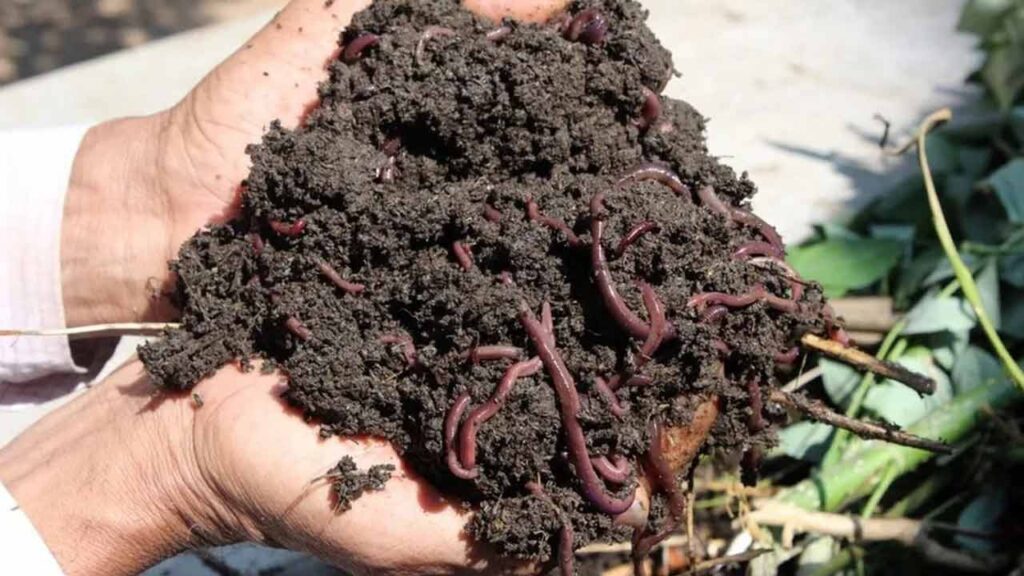
Don’t over-fertilize your plants; it may lead to stunted growth, burning of plants, air pollution, water pollution & reduces soil fertility.
Avoid pesticide application regularly like once a week or 15 days once. Apply pest control when you find the pest level is severe. Do not pollute soil by practicing different chemical applications.
Instead apply all-purpose organic fertilizer & pesticides namely vermicompost, tree leaf compost, cow manure, goat manure, neem oil, ground nut powder, and others in the right method of application. Apply fertilizers in the early morning or late evening. Not to apply fertilizer in direct sunlight.
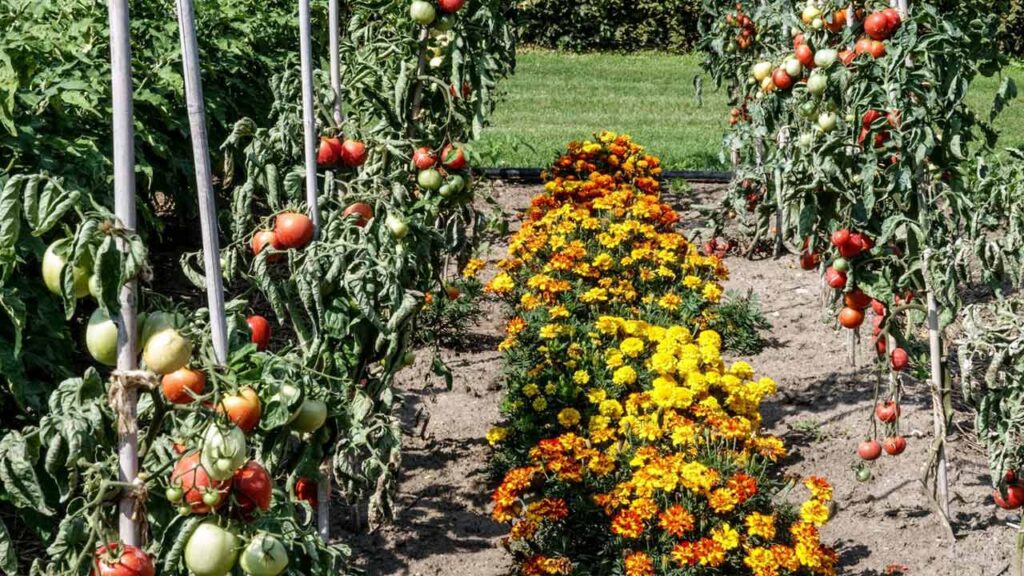
Like human beings, plants also need their friends in a growing environment. Companion crops can be planted around your main plants for pollination by pollinators, to prevent unwanted pest attacks, to provide shade, and for a symbiotic relationship with plants.
For example, tomatoes can be grown along with marigolds, garlic, mint, and basil which keep away from mosquitoes & others.
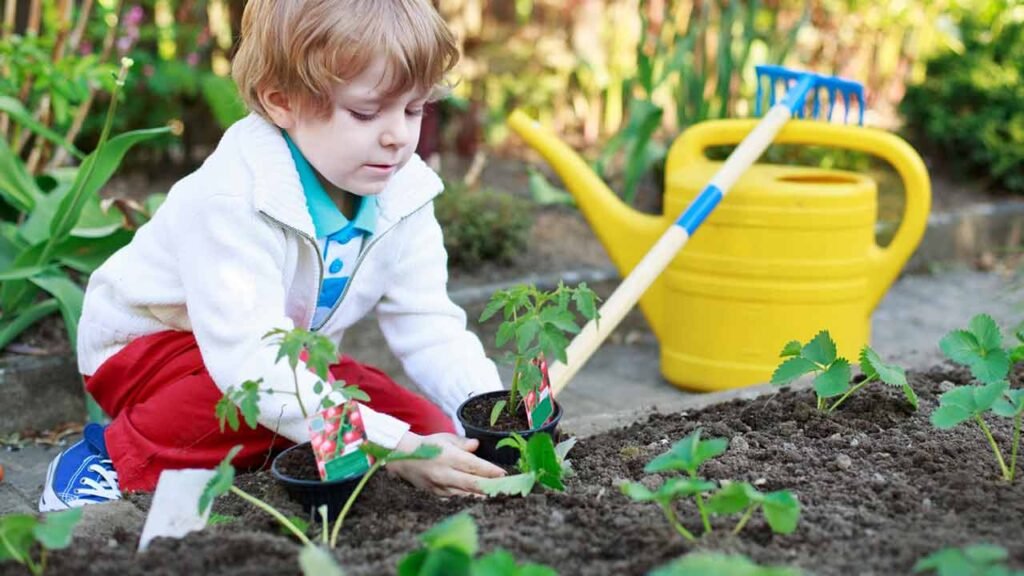
If you are a learner in gardening, first try to grow edible plants that grow rapidly with higher yields. Utilize day-to-day household wastes such as greens skin peel like onion, garlic skin peel, eggshell waste, fruit peel, tea powder waste, and coffee grounds.
Not only this, but Rainwater also you can utilize and apply it to your plants. This supplies good amounts of support to plants such as N, P, K, Mg, Ca & Na. Rainwater is always best for plants compared to normal tap water because these plants can live stronger and happily.
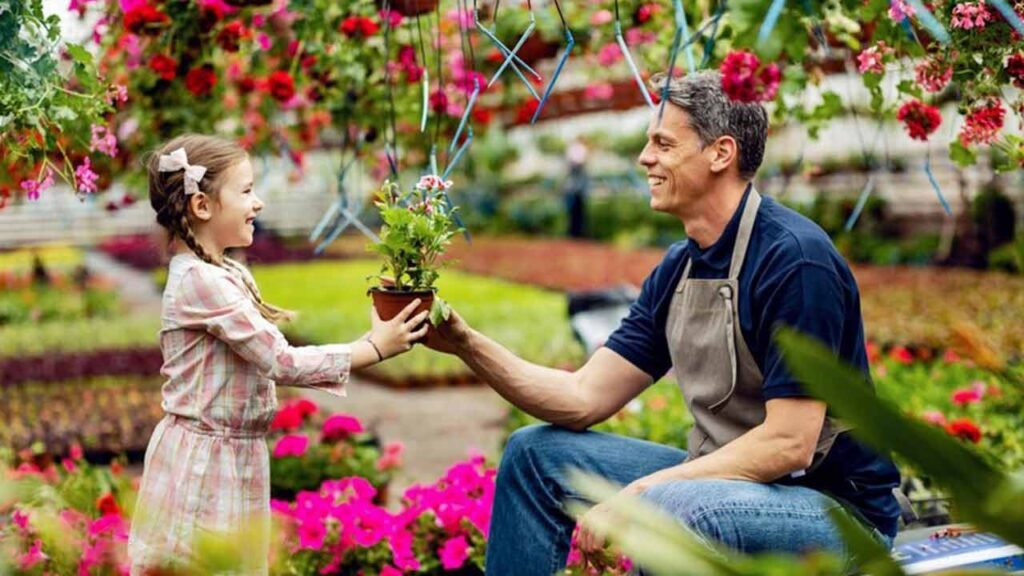
Gardening brings your food from “Farm To Fork”, promotes more oxygen to your environment, reduces carbon footprints, provides an atmosphere for birds, maintains organic protections, and many more. You can get all these benefits when you’re ready to get your hands dirty!!
Diego Simeone
Neque porro quisquam est, qui dolorem ipsum quia dolor sitdown ameto, consectetur, adipisci velit, sed quiata non numqua eius modi tempor incidunt ut labore et dolore magnam, semper quis mollis id, ullamcorper ut diam.
Reply